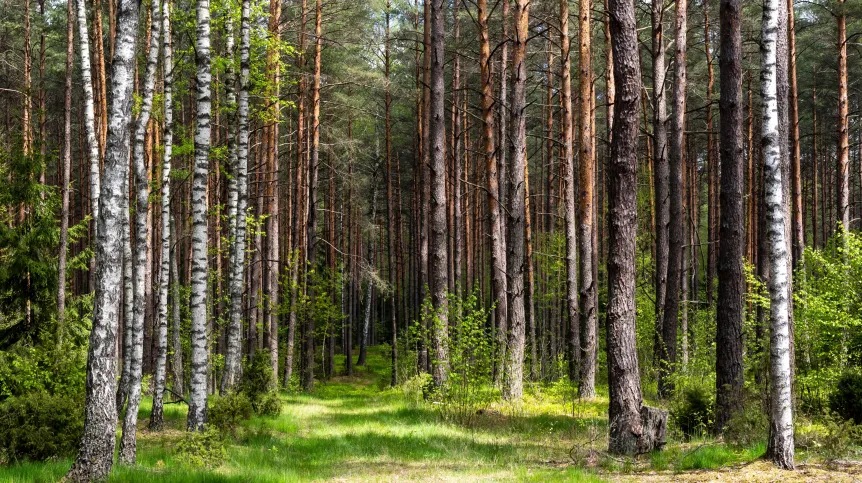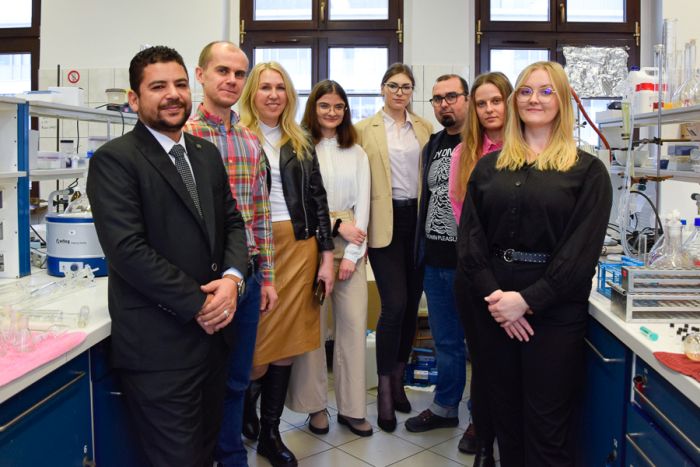
Endophytic fungi growing on trees in Polish forests represent an untapped source of new bioactive compounds. Scientists at the Wrocław University of Environmental and Life Sciences want to use these compounds to create antibacterial agents, antioxidants, and anti-cancer agents, the university reports.
Mycobiome: Fungi with potential
Researchers from the Wrocław University of Environmental and Life Sciences are studying the bioactivity of the mycobiome associated with forest plants.
And according to them, this could be a source of new carotenoids and other biopigments.
Dr. El-Sayed Ramadan El-Sayed Ali and Professor Filip Boratyński said: “Forest trees are well known to live in close association with several microbial populations. These microorganisms (fungi) represent an untapped pool of novel bioactive compounds with potential application in agriculture, medicine, and the food industry. Indeed, the wide biodiversity of the yet unexplored fungal populations associated with these plants can be an infinite source of a wide range of bioactive compounds.”

Natural pigments (colours) consist of a wide array of bioactive compounds that are used in industrial sectors, as food dyes, dietary supplements, pharmaceuticals, cosmetics, aquaculture and poultry feed. Scientists hope that new sources of natural pigments will allow many industries to get rid of the toxic effects caused by synthetic dyes.
Profitable fermentation of natural pigments
Dr. El-Sayed said: “We aim to unlock the potential of these microorganisms through (...)discovering novel bioactive compounds such as antibiotics and anticancers, searching for new carotenoids and other biopigments, and developing a cost-effective production process.”
According to the Wrocław research group, developing a cost-effective production process of natural pigments will increase their availability to consumers. The project will exploit the agro-industrial wastes in the production process.
The BioExplor project received nearly PLN 1 million from the POLONEZ BIS programme co-financed by the Polish National Science Centre.
PAP - Science in Poland
kol/ agt/ kap/
tr. RL













